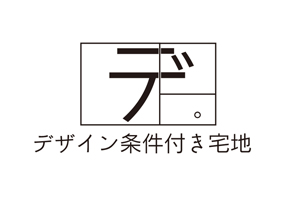Safe Third Country Agreement Court Challenge
The Safe Third Country Agreement (STCA) is a bilateral agreement between Canada and the United States, which prohibits individuals who are seeking refugee status from making a claim in Canada if they have already made a claim in the US. The agreement was designed to prevent multiple claims and to ensure that refugees are processed in the first country where they arrive. However, a court challenge has been launched against the STCA, which questions its legality and argues that it violates the rights of asylum seekers.
The court challenge was launched by the Canadian Council for Refugees, Amnesty International, and the Canadian Council of Churches. They argue that the STCA violates the Canadian Charter of Rights and Freedoms, which guarantees the right to life, liberty, and security of the person. They also argue that the agreement violates the principle of non-refoulement, which prohibits the return of refugees to a country where they may face persecution.
The court challenge is based on the argument that the US is no longer a safe country for asylum seekers due to its recent immigration policies and practices. The challenge cites the Trump administration`s policies of separating families and detaining asylum seekers, as well as the US government`s attempts to restrict asylum eligibility. The challenge also references the US`s history of discriminatory policies towards refugees, including the internment of Japanese Americans during World War II.
The Canadian government has defended the STCA, arguing that the US remains a safe country for asylum seekers, and that the agreement is an important tool for managing refugee claims in an orderly and efficient manner. However, the court challenge has already had some impact, as a federal court judge has declared the STCA unconstitutional, although the decision is currently on hold pending appeals.
The outcome of the court challenge could have significant implications for the future of refugee policy in Canada. If the STCA is ultimately struck down, it could open the door to a flood of refugee claims, as individuals who would have been returned to the US under the agreement would now be eligible to make claims in Canada. It would also force the Canadian government to confront the question of how to manage a potential influx of refugee claimants, and how to balance the need to protect refugees with the need to maintain a secure and orderly refugee system.
In conclusion, the court challenge against the Safe Third Country Agreement is a complex and contentious issue, with significant implications for the future of refugee policy in Canada. While the Canadian government has defended the agreement as an important tool for managing refugee claims, the challenge argues that it violates the rights of asylum seekers and no longer reflects the reality of the US as a safe country. The outcome of the challenge will be closely watched by advocates and policymakers alike, as they seek to balance the competing priorities of protecting refugees and maintaining a secure and orderly refugee system.


